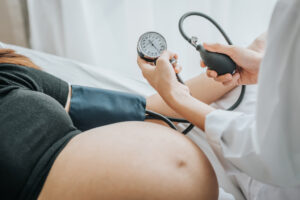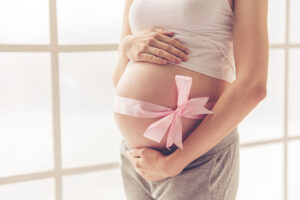1st Trimester
- Take folic acid
- Keep hydrated
- Avoid alcohol
- Don’t smoke
- Eat small amounts regularly to reduce nausea
- See your GP to confirm pregnancy
- Make your first hospital appointment
- See a doctor if you have pain and bleeding
- Consider a panorama or harmony test
- Ask your doctor about aspirin to prevent pre-eclampsia
2nd Trimester
- Get your vaccinations to protect you and your baby (Pertussis and Influenza)
- Take iron
- Keep active; exercise in pregnancy is important
- Watch your gestational weight gain
- Have an anomaly scan between 20 and 22 weeks
- If you are travelling (flying) keep hydrated, move around and wear flight socks
- If you have heartburn take gaviscon or ask your doctor about omeprazole
- Have a glucose test to check for diabetes in pregnancy
- Sleep on your left side (pillows can help you get comfy)
- Fill out your maternity leave forms
3rd Trimester
- If you have pelvic pain see a physiotherapist
- Keep track of your baby’s movements
- Attend antenatal classes
- Pack your hospital bag
- Think about breastfeeding
- If you have a persistent headache, get your blood pressure checked
- Learn about induction of labour (what it means and how it’s done)
- Knows the signs of labour
- Read about caesarean section
- Swelling in your legs is common, especially in hot weather so keep your legs elevate






